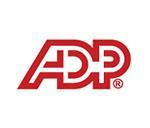
As companies grow, diversify, and expand their information technology (IT) capabilities, the need for cloud computing does too, since these companies require multiple types of clouds all at once to meet their broad demands.
Virtustream, a cloud-hosting solutions provider, has conducted research on the use of cloud computing and finds that the “majority of U.S. businesses are now using some form of cloud computing for IT.” According to the report’s author, Paul Burns, president of Neovise, “Public clouds from the likes of Amazon, Google, and Microsoft simply are not enough to satisfy all the computing needs of enterprise IT organizations. This has led to a relatively new form of IT sprawl: cloud sprawl.”
But it’s not just the private sector who has embraced this flexible, fast, efficient, and economical solution to information- and process-heavy applications; the federal government has too.
According to an executive summary issued in February 2011, the federal government’s current IT environment is characterized by low asset utilization, a fragmented demand for resources, duplicative systems, environments which are difficult to manage, and long procurement lead times.
The summary argues that inefficiencies like that negatively impact the federal government’s ability to serve the American public citing cloud computing as a viable solution.
“Cloud computing has the potential to play a major part in addressing these inefficiencies and improving government service delivery. The cloud computing model can significantly help agencies grappling with the need to provide highly reliable, innovative services quickly, despite resource constraints.”
Furthermore, according to the summary, the private sector has taken advantage of this technology to improve resource utilization, increase service responsiveness and accrue meaningful benefits in efficiency, agility, and innovation. The summary posits that by following the private sector’s lead the federal government will, too, be able to “deliver public value by increasing operational efficiency and responding faster to constituent needs.”
While security is always a concern when sensitive information is at play, many experts advise companies who deal in healthcare and financial information to consider a hybrid cloud approach in which secure data lives on in-house servers while cloud computing does the “heavy lifting” in terms of raw processing.
Many companies, such as Netflix, however, are eliminating in-house computing power in favor of the cloud.
Actsoft’s newest version of Comet Tracker, set to release in summer 2013, has a more sophisticated version of a cloud which provides more flexibility for a wide variety of customers — from high-security users who choose to store information on in-house computers to our lighter customers who use the cloud exclusively.
Have any questions on how Actsoft can help you?

















 Encore & Geotab Drive
Encore & Geotab Drive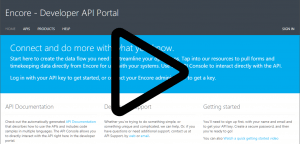
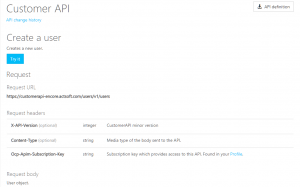
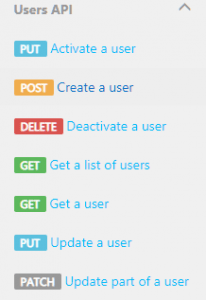

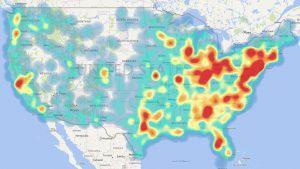
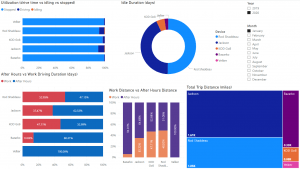
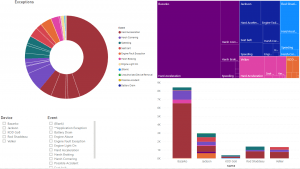
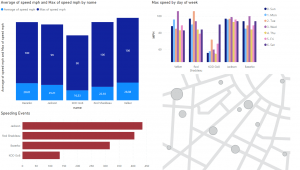
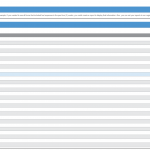
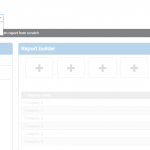
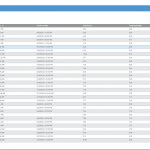
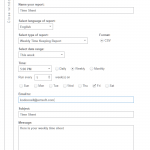




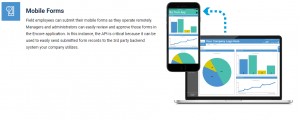
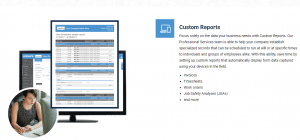

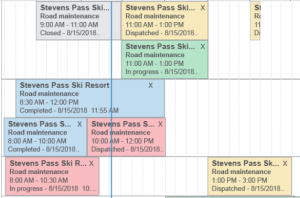

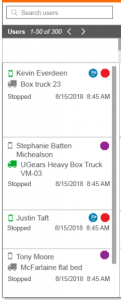
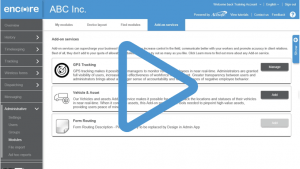
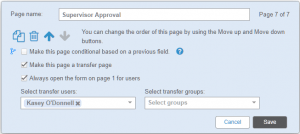
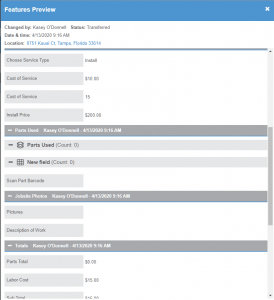
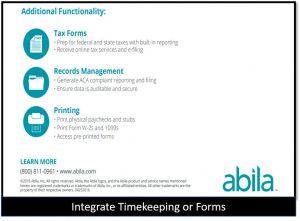
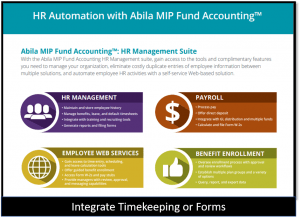
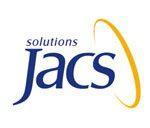
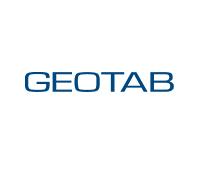 Gain even greater insight into the daily activities of your fleet using the combination of Geotab and Actsoft. Geotab devices provide detailed data collection and seamless integration with our solutions; learn more about the ways your vehicles are being used daily with the power of this tandem.
Gain even greater insight into the daily activities of your fleet using the combination of Geotab and Actsoft. Geotab devices provide detailed data collection and seamless integration with our solutions; learn more about the ways your vehicles are being used daily with the power of this tandem.

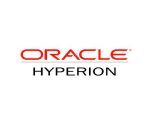

 Actsoft partnered with Odin to provide our solutions overseas, through payment processing integrations. Odin helps us support user management for our software; customers can also purchase our products through Odin’s billing platform.
Actsoft partnered with Odin to provide our solutions overseas, through payment processing integrations. Odin helps us support user management for our software; customers can also purchase our products through Odin’s billing platform.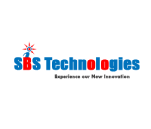

 VisTracks powers our Electronic Logging Device (ELD) solution, which enables transportation businesses to easily automate their hours of service logs, remain in governmental compliance, and reduce their potential to incur costly fines.
VisTracks powers our Electronic Logging Device (ELD) solution, which enables transportation businesses to easily automate their hours of service logs, remain in governmental compliance, and reduce their potential to incur costly fines. Integration between Actsoft solutions and BeWhere’s software products is available. Take your team’s asset tracking, cellular data connectivity, and field insight a step further with effective, cross-application compatibility.
Integration between Actsoft solutions and BeWhere’s software products is available. Take your team’s asset tracking, cellular data connectivity, and field insight a step further with effective, cross-application compatibility.
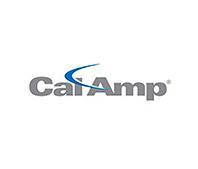 CalAmp tracking devices for vehicles and assets alike are compatible with Actsoft solutions, making it easy for you to efficiently monitor your equipment and fleet cars. Help your team enhance accountability, safety, and savings through a combination of easily installed hardware and intuitive software.
CalAmp tracking devices for vehicles and assets alike are compatible with Actsoft solutions, making it easy for you to efficiently monitor your equipment and fleet cars. Help your team enhance accountability, safety, and savings through a combination of easily installed hardware and intuitive software.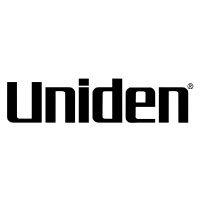 Our partnership with Uniden is ideal for companies looking to gain advanced diagnostics on their fleets. Uniden’s extensive product listing of car electronics like radios, dash cams, radar detectors, and in-vehicle communicators work in concert with Actsoft’s solutions to better connect your vehicles to the company headquarters.
Our partnership with Uniden is ideal for companies looking to gain advanced diagnostics on their fleets. Uniden’s extensive product listing of car electronics like radios, dash cams, radar detectors, and in-vehicle communicators work in concert with Actsoft’s solutions to better connect your vehicles to the company headquarters.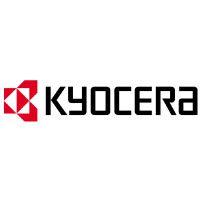 Kyocera offers a wide range of mobile devices, ranging in design from traditional phones to ultra-durable handset technology. Actsoft is able to equip organizations in a variety of different industries with solutions for improved business, while Kyocera supplies the technology they can flawlessly operate on.
Kyocera offers a wide range of mobile devices, ranging in design from traditional phones to ultra-durable handset technology. Actsoft is able to equip organizations in a variety of different industries with solutions for improved business, while Kyocera supplies the technology they can flawlessly operate on.

 Our software is the perfect complement to Apple’s user-friendly technology. Equip your workforce with the devices and solutions it needs for optimized productivity during daily operations with Apple and Actsoft.
Our software is the perfect complement to Apple’s user-friendly technology. Equip your workforce with the devices and solutions it needs for optimized productivity during daily operations with Apple and Actsoft.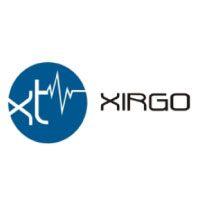
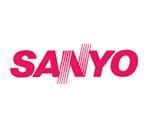 Actsoft and Sanyo teamed up to merge intuitive business management software with the technology of today. This partnership allows us to provide you with all the tools your team needs for improved workflows, better coordination, and optimized productivity.
Actsoft and Sanyo teamed up to merge intuitive business management software with the technology of today. This partnership allows us to provide you with all the tools your team needs for improved workflows, better coordination, and optimized productivity. Motorola’s mobile technology works in tandem with our solutions to provide extra versatility to your business practices. Coupled with our software’s features, Motorola’s reliable devices make connecting your workforce simpler than ever to do.
Motorola’s mobile technology works in tandem with our solutions to provide extra versatility to your business practices. Coupled with our software’s features, Motorola’s reliable devices make connecting your workforce simpler than ever to do. We’re able to bundle certain solutions of ours (including our Electronic Visit Verification options) with Samsung devices to help your team achieve as much functionality as possible, while keeping rates affordable. Use these combinations for accurate recordkeeping, improved communication, and smarter data collection in the field.
We’re able to bundle certain solutions of ours (including our Electronic Visit Verification options) with Samsung devices to help your team achieve as much functionality as possible, while keeping rates affordable. Use these combinations for accurate recordkeeping, improved communication, and smarter data collection in the field.